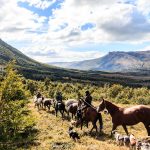
Agritourism in Patagonia: Sustainable Tourism to Preserve Culture and Identity
Estancia Mercedes is a place of unquestioning character – of family and tradition. It’s a place where the customs of an old world meld with the frontier mentality of the new in an untamed, glacially scoured landscape. Where mornings begin with stocking the wood stove and sharing mate. Where work is not a job, it’s a way of life. Its story is rooted in the founding of the small town of Puerto Natales, Chile, where its owners established the first general store in 1908. Today, because of a few factors that have made cattle ranching financially unsustainable, Estancia Mercedes is sharing that story through sustainable tourism, agritourism specifically, to preserve its character and tradition.
History
Founded by Jose Iglesias Diaz in 1916 and taken over by his son, Arturo Iglesias Diaz, the estancia sits in a ridiculously picturesque cove on the western side of Peninsula Antonio Varas, backed by 13-thousand hectares of snow-capped peaks, forests cut by mountain streams, cliffs dropping into the glacially-fed inside waters, and vast swaths of open, mud-up-to-your-neck peatlands.
It was truly back-breaking work for Jose Iglesias Diaz and his family in the early days: A road to the estancia from Puerto Natales wasn’t built until 2004. It previously required 5 hours ride on horseback or on a boat 35 kilometers around the peninsula. When his father died in 1942, Arturo took a break from university, where he was planning to pursue engineering, to take over the ranch. But he never looked back, he ran Estancia Mercedes from that point on.
When he passed away in 1991, Arturo’s will split up the family land between a number of relatives who had little connection to the land at that point. Estancia Ana Maria, another ranch even more remote than Mercedes acquired in 1960 by Arturo, was sold to a wealthy rancher. The 100 or so head of cattle that the family manages on Estancia Mercedes is no longer enough to sustain them financially. So, to maintain their way of life, both financially and culturally, they have pivoted to agritourism – bringing visitors to experience their traditions – and eventually share the experience of the bagualear.
Sustainable Tech
The family has added some modern tech to make the farm more efficient and environmentally sustainable as well. They take advantage of the infamous Torres Del Paine wind with two small turbines and battery system, use gray water filtration to irrigate their vegetables, compost their scrap food for fertilizer, and use a mobile chicken coop system that they rotate through their garden plots. They heat and cook on wood stoves, and all of their wood comes from deadfall on their property (they have 13-thousand hectares, so running out shouldn’t be too much of an issue).
WWOOFing
I had no idea what I was getting into really. I wanted to work on an organic farm during my travels and found a listing on the Chilean WWOOFing website talking about agritourism, which fit perfectly with my blogging. I had read a little bit about the farm on their website but had no idea of the true nature of “
What is WWOOFing? (click to expand)
Directly from the WWOOF International website:
“WWOOF organisations connect people who want to live and learn on organic
farms and smallholdings with people who are looking for volunteer help.
WWOOF hosts offer food, accommodation and opportunities to learn about organic
lifestyles. Volunteers give hands on help in return.
WWOOF is a network of national organizations. To become involved in the WWOOF community explore the drop down menu or list below and connect with the local WWOOF organization. For hosts in countries with no WWOOF organization yet check out WWOOF in Other Countries“
In Search of Baguales
After a week of mending fences and chopping firewood, I was asked if I liked camping and if I knew how to ride a horse. The answers, respectively, were “no” and “only once,” but the second answer didn’t seem to bother them. “Ah, you’re an expert. It’s easy” they told me. Angeles, the stoic but kind-hearted grand-niece of Arturo handed me a copy of the Nat Geo article and said: “this is what we’re going to do.”
The following 3 days consisted of a lot of learning-by-doing and accumulating an increasing amount of respect not only for this way of life, but for the manner in which they live it: with an understated yet steady flow of positivity, humor, and kindness. While siblings Sebastian,
Evenings were spent cooking giant hunks of beef on the barrel stove, passing a
After 3 days, we escorted 3 baguales back through those peatlands to Estancia Mercedes, where they would await purchase from a buyer in Puerto Natales or Punta Arenas. Little did we know that after all that, they would escape through a weak area in their enclosure fence. Thus why mending fences is not to be taken lightly.
Connecting Tourism & Food Sourcing
The family’s story – specifically their decision to move into the tourism world to maintain their way of life culturally and financially – sounds familiar. In Alaska, Geoff Peterson is doing the same thing with his fishing boat: complementing resource extraction (farming, fishing & ranching are all types of resource extraction) with tourism. Check out my article about his business too! Two businesses does not a trend make, but these examples lend insight to two important topics: the power of sustainable tourism to empower small businesses and communities, and the difficulty for small businesses at the beginning of the food supply chain to remain competitive.
Similar to Geoff, the family at Estancia Mercedes is no longer able to fully support themselves on cattle alone (or fish in Geoff’s case). Their livelihoods are more than ways of making money. It’s entrenched in their family, ancestors, culture, and thus their identity. As Sebastian was quoted in National Geographic:
There will always be people who want to revive their culture, their identity. You are no one if you don’t have your identity.
Sebastian Iglesias AlvarezIn a poetic way, tourism and farming draw interesting parallels: By taking care of living things – feeding them, watering them, giving them room to move around – you can reap a renewable source of income. Unlike the cattle and fish, however, you don’t want to kill your product (tourists) at the end. Insert dry humor laugh here.
The future of the bagualero in Estancia Mercedes is not certain, but the Alvarez family is doing everything it can to preserve their cultural identity through sustainable agritourism, and shed light on a way of life that should not be forgotten.
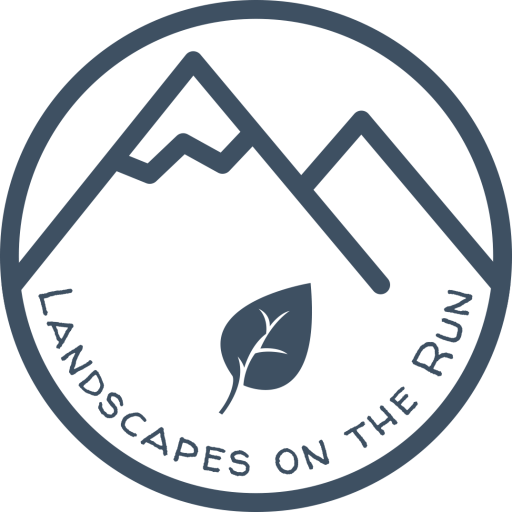
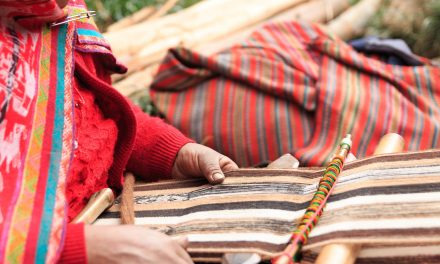
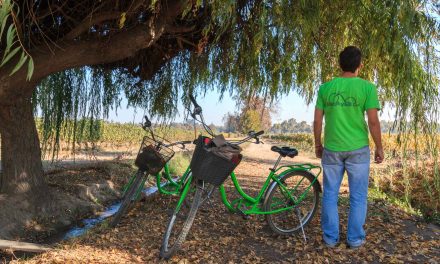
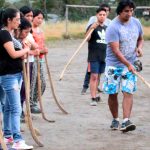

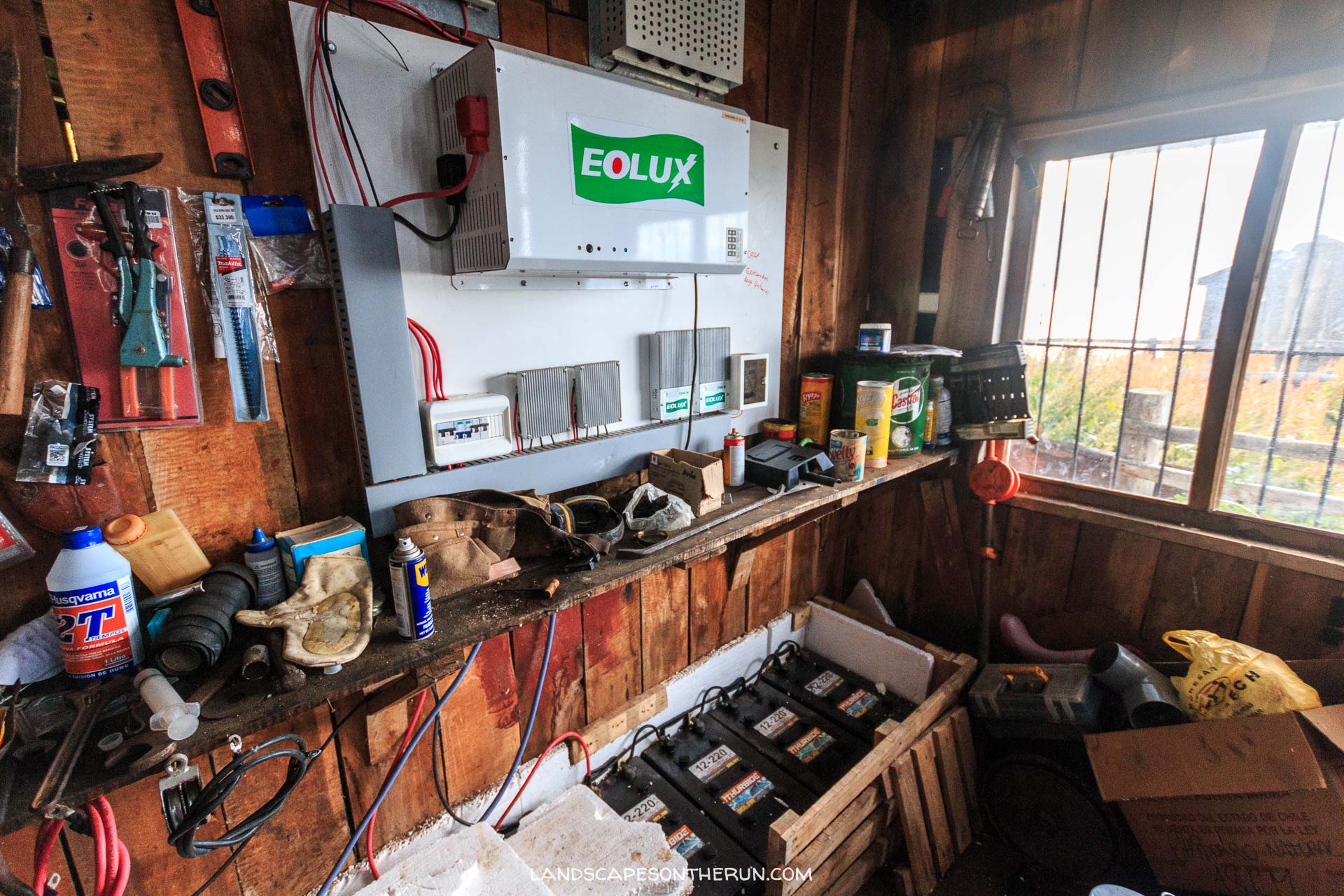
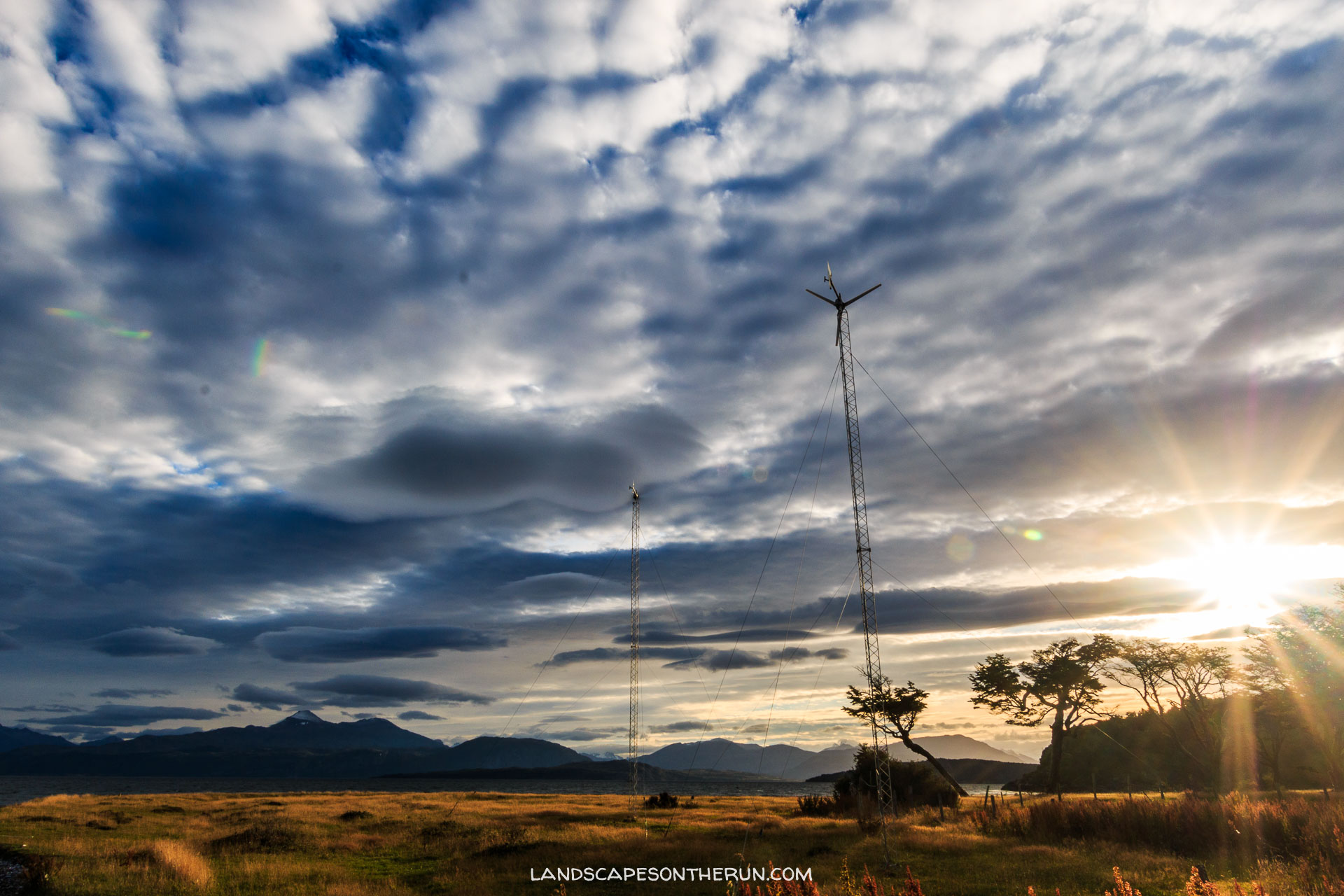
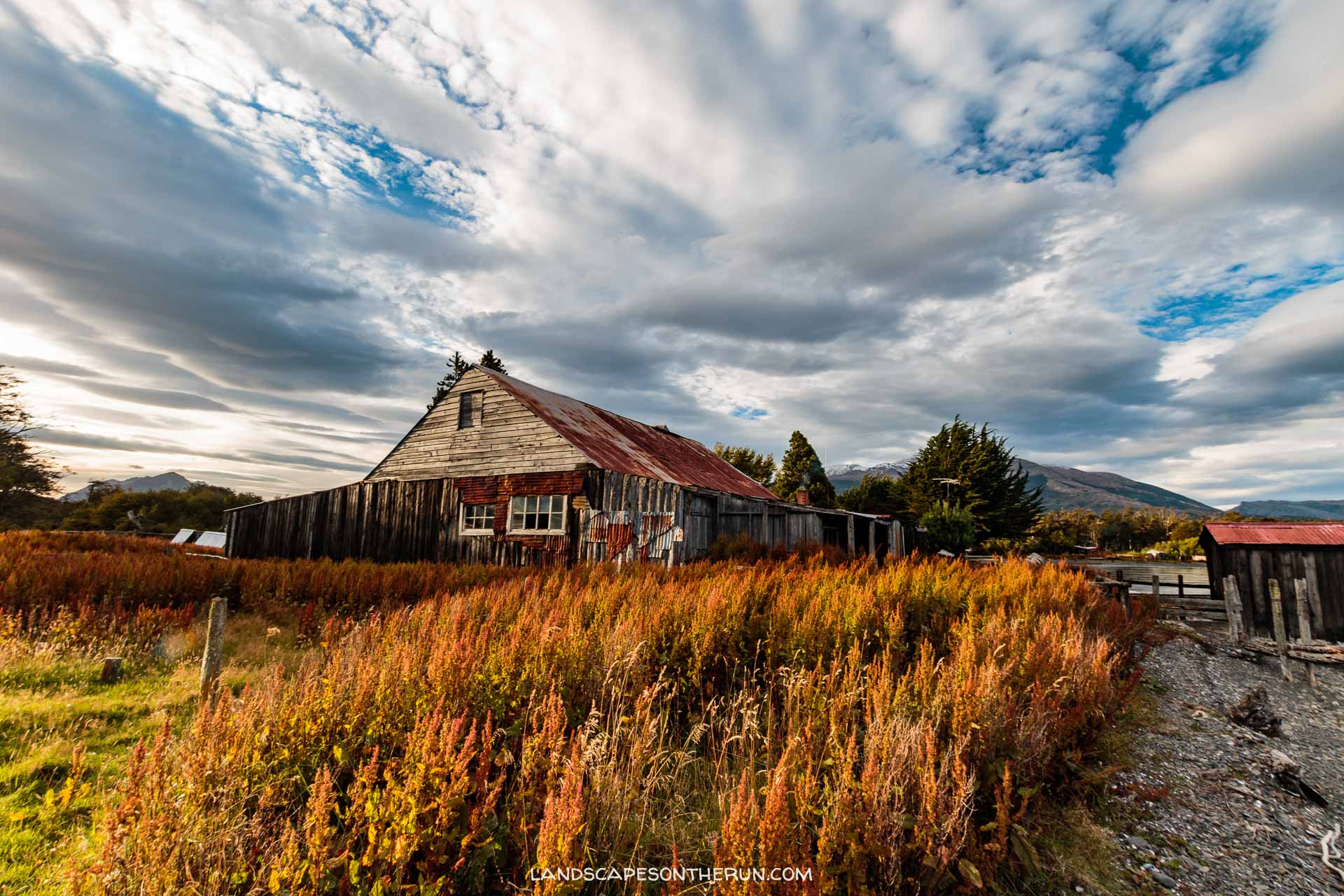
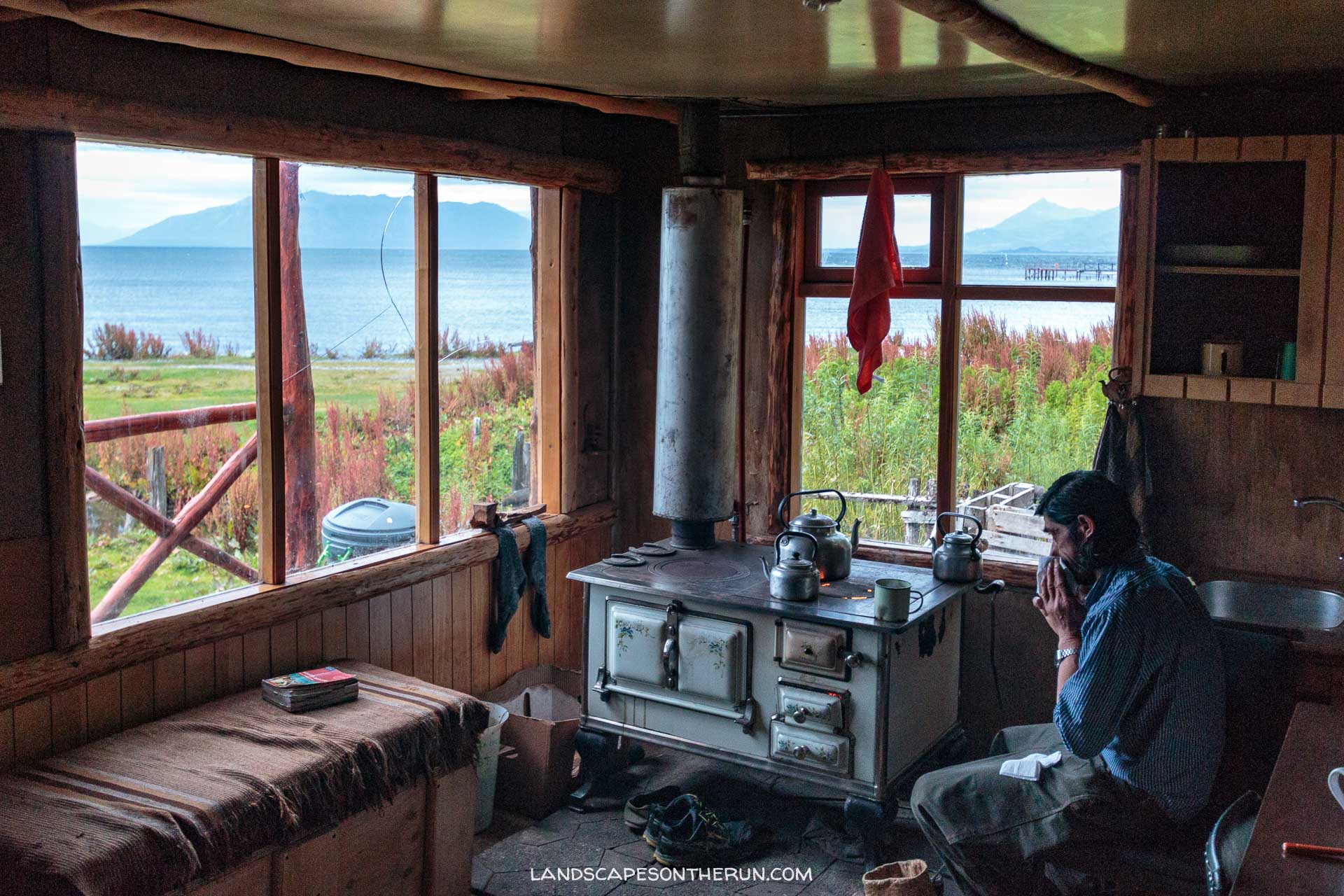
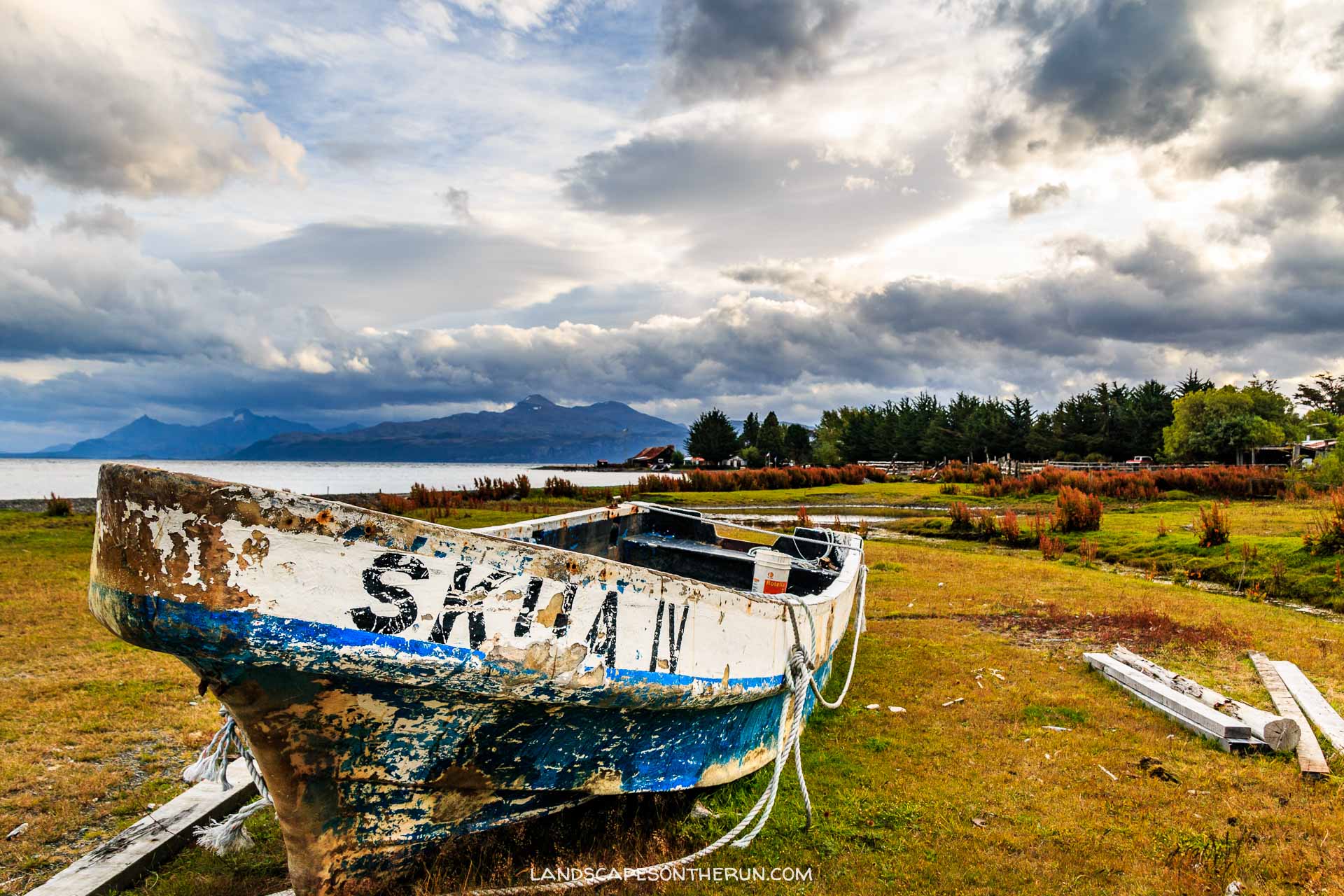
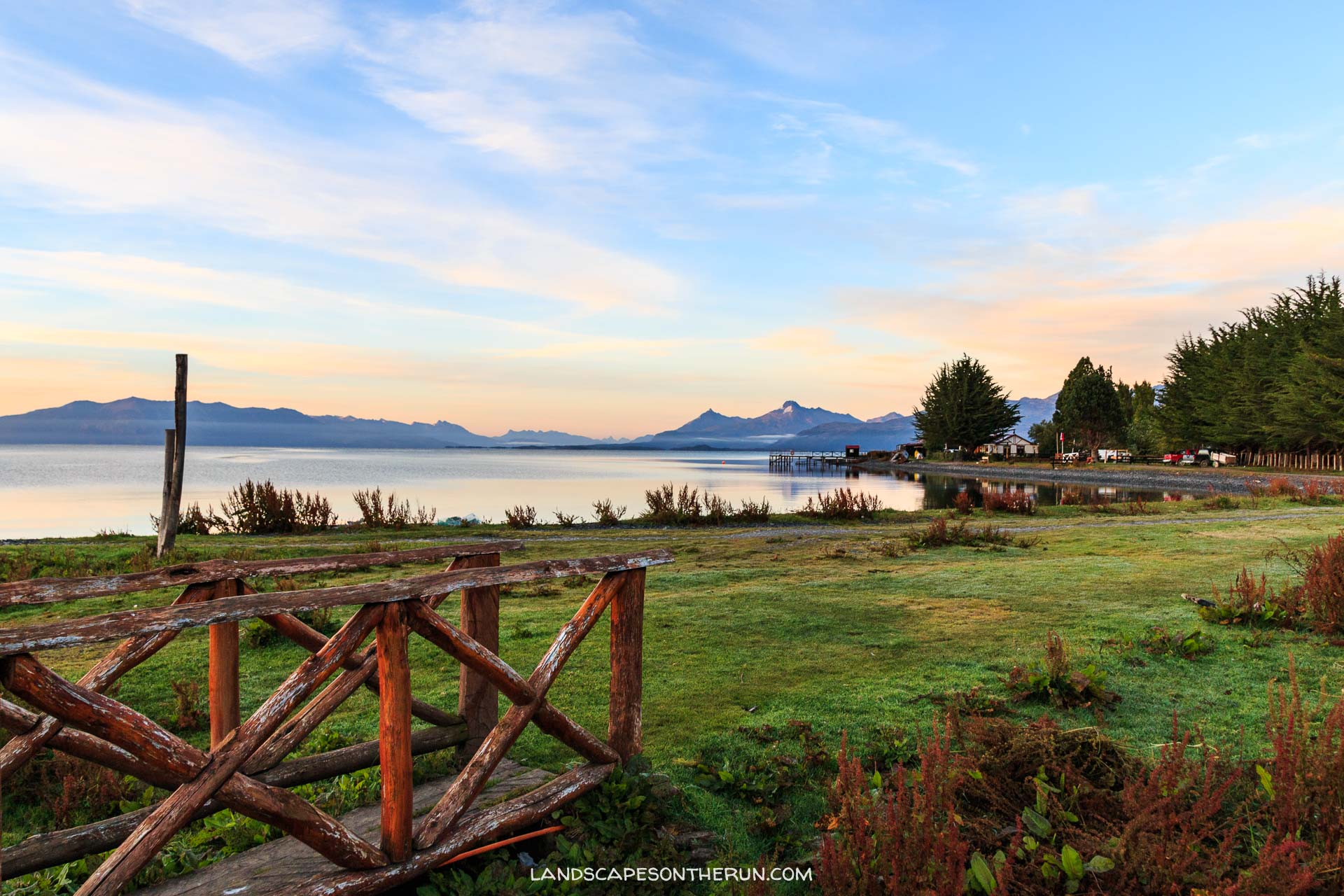
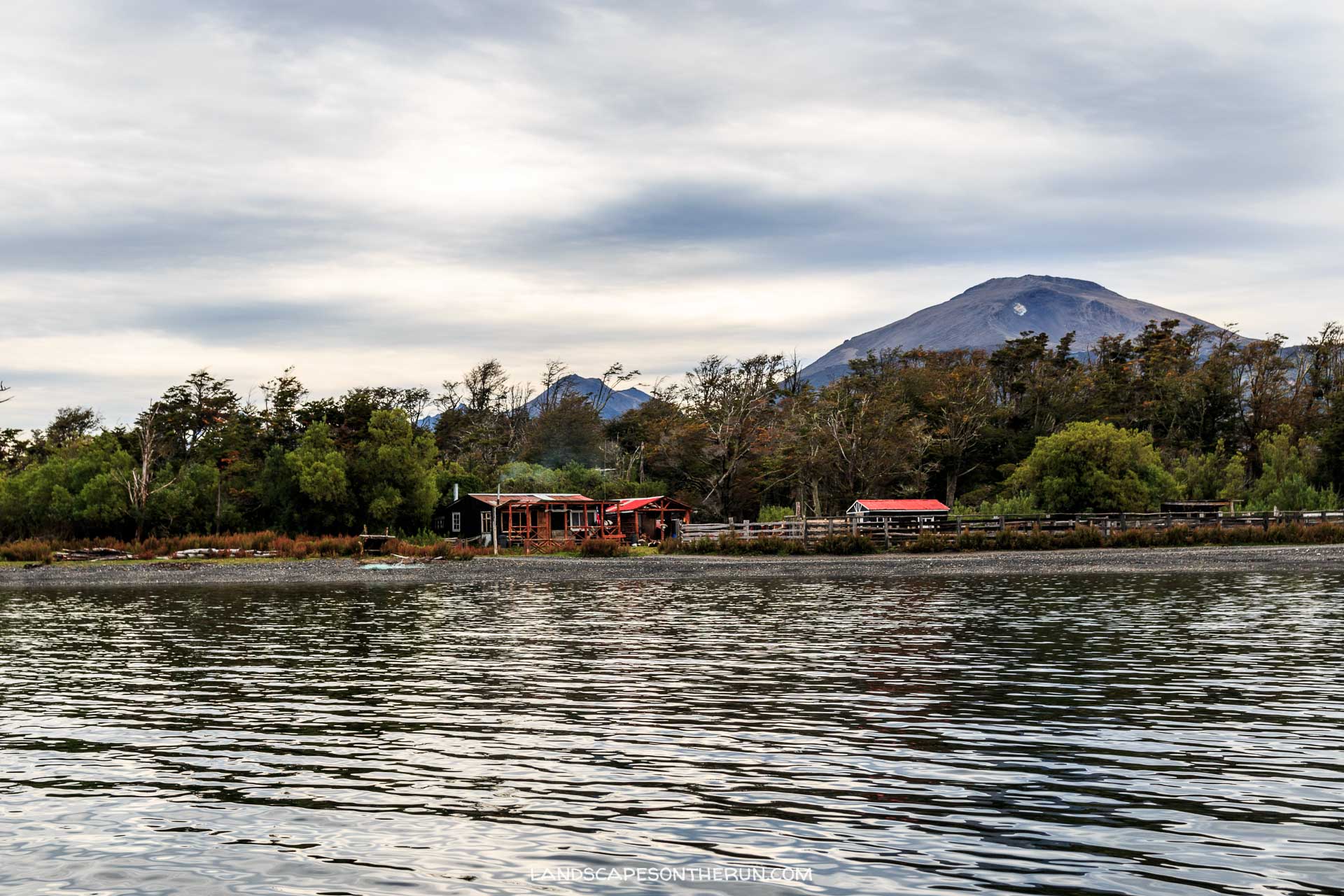
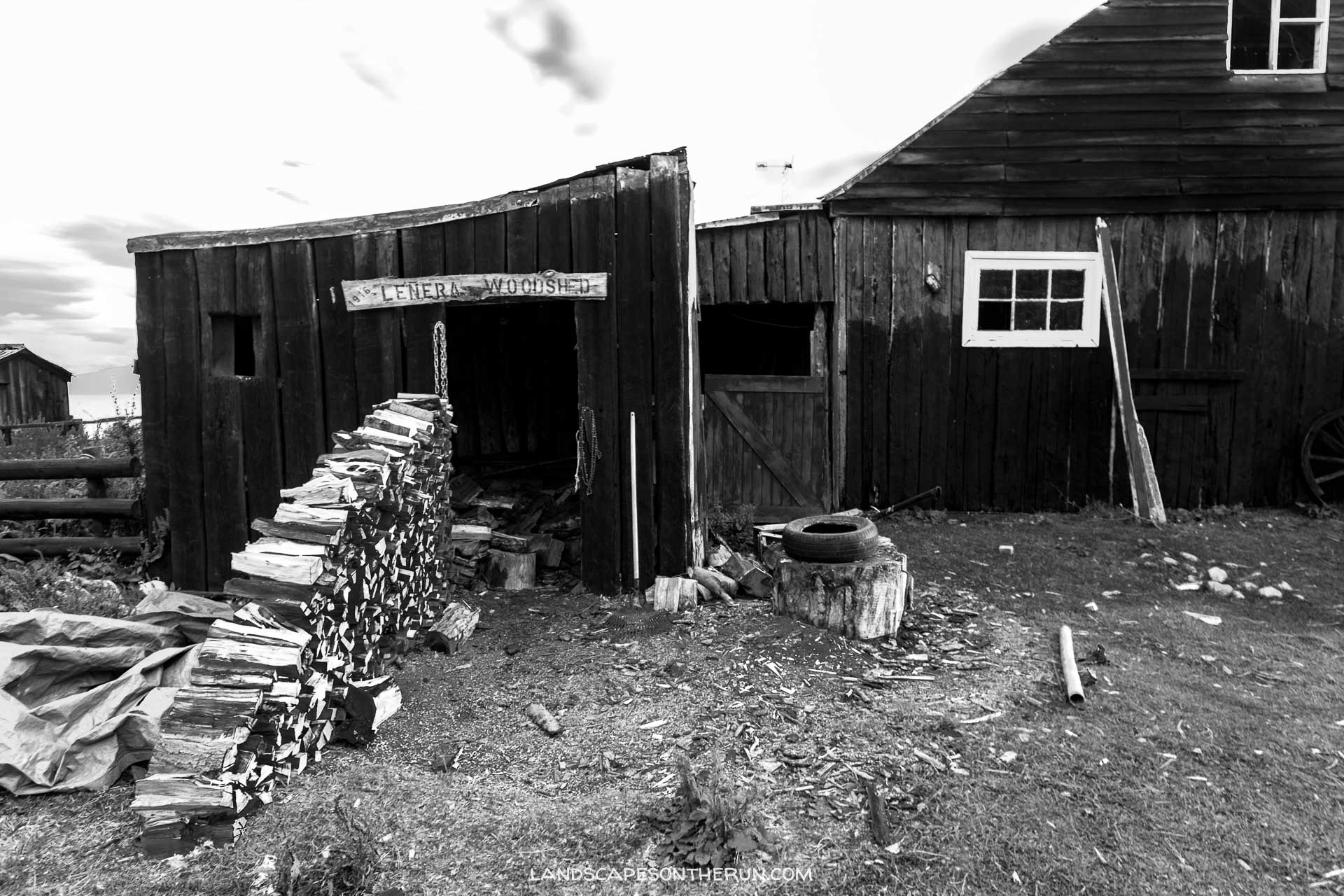
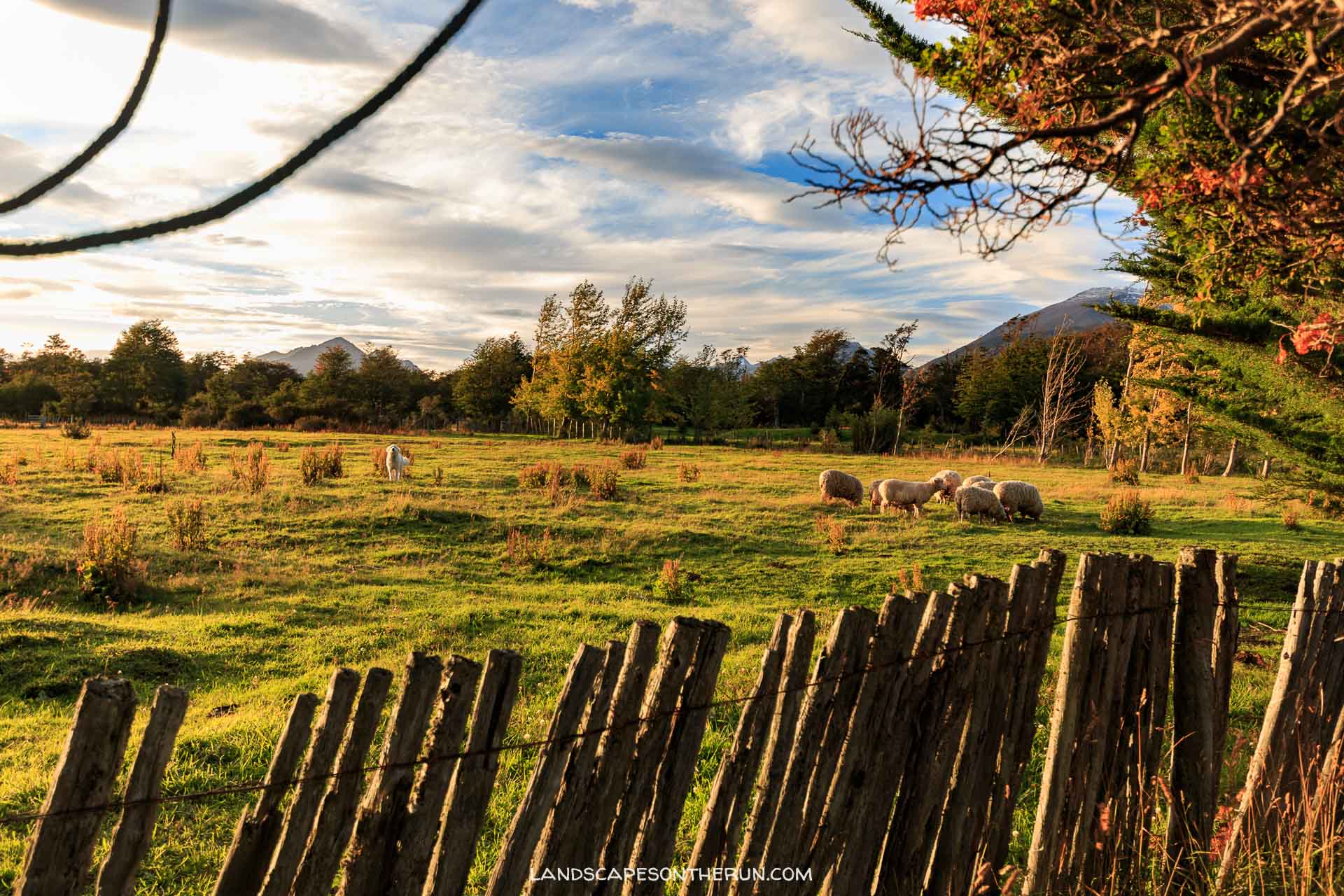
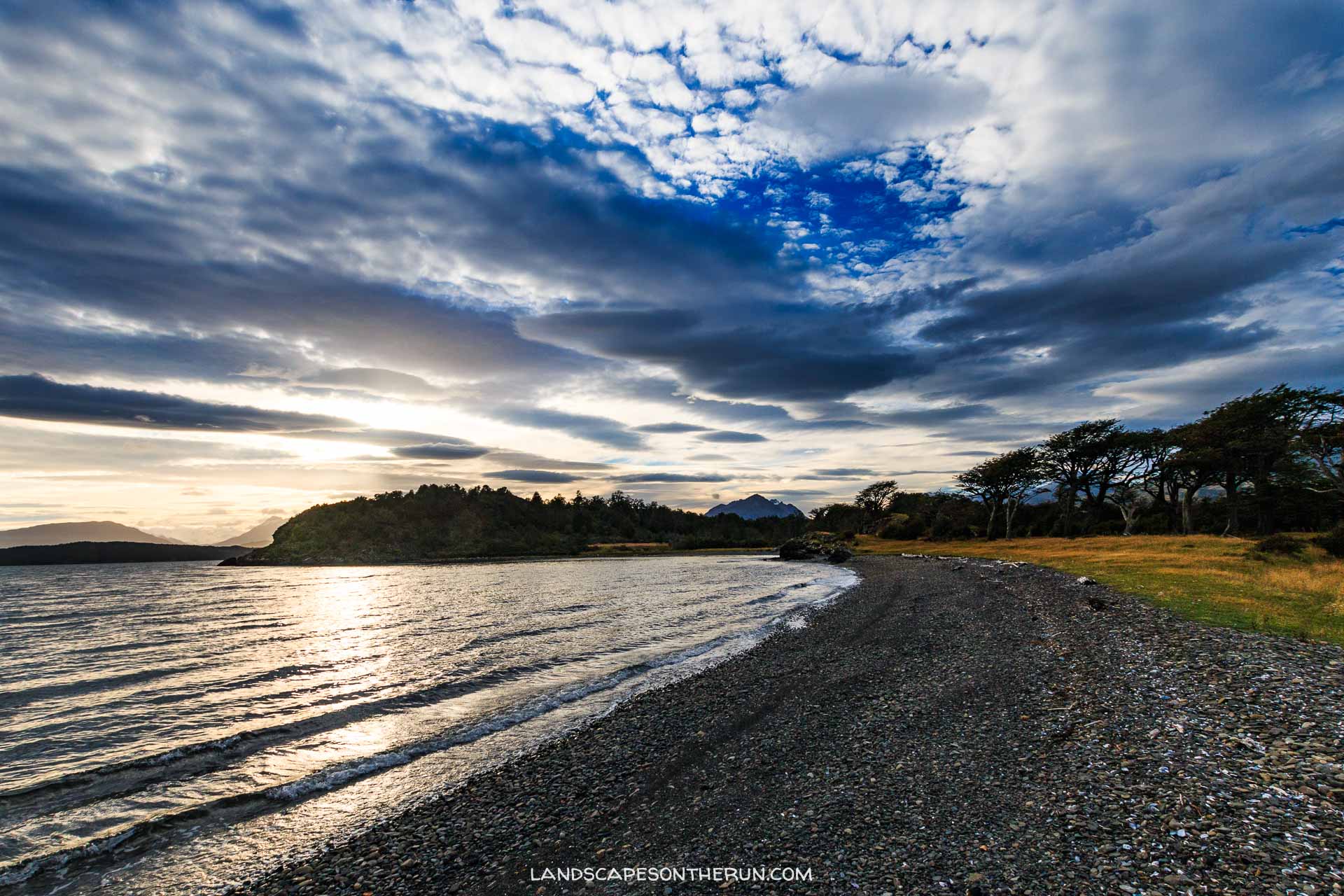
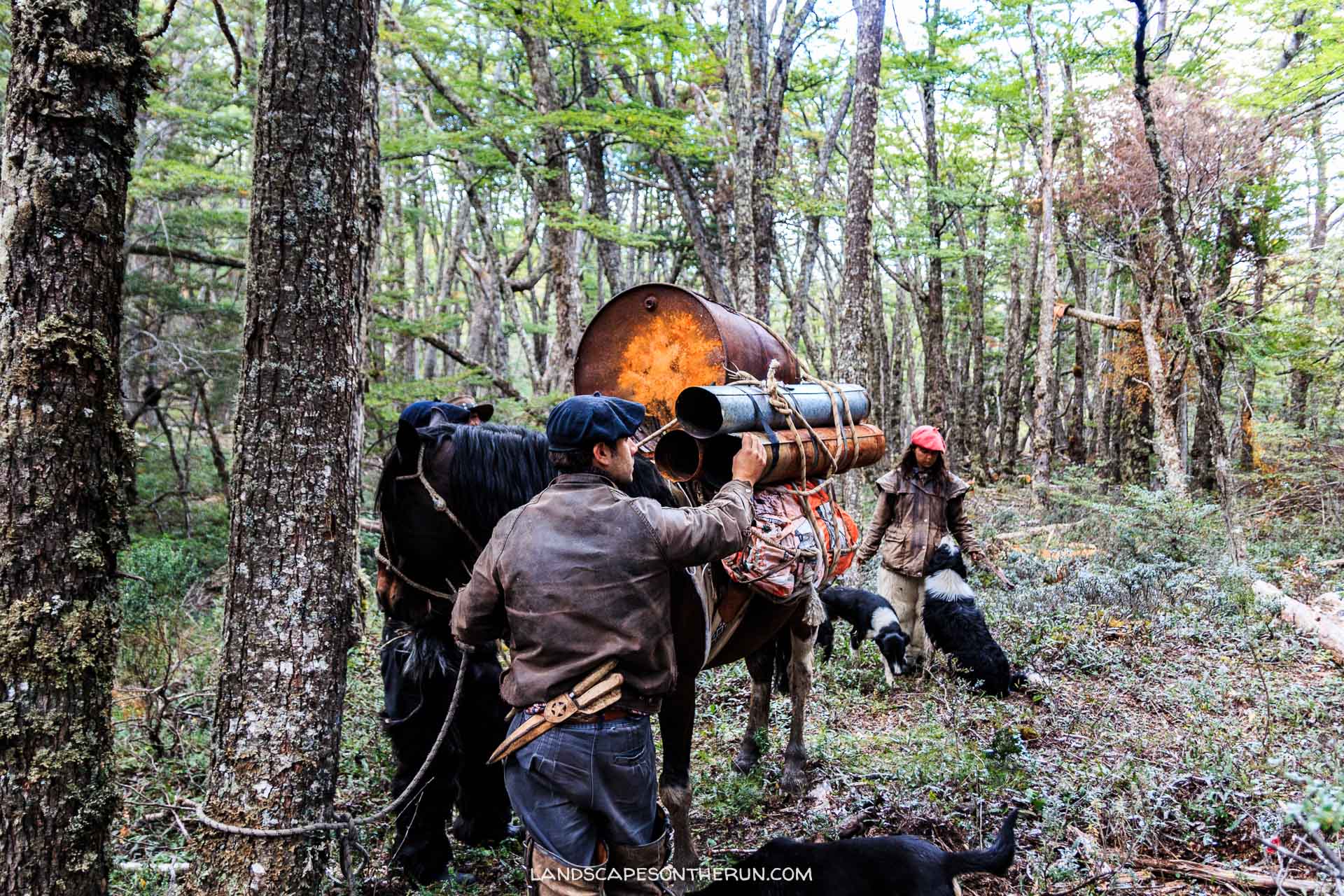
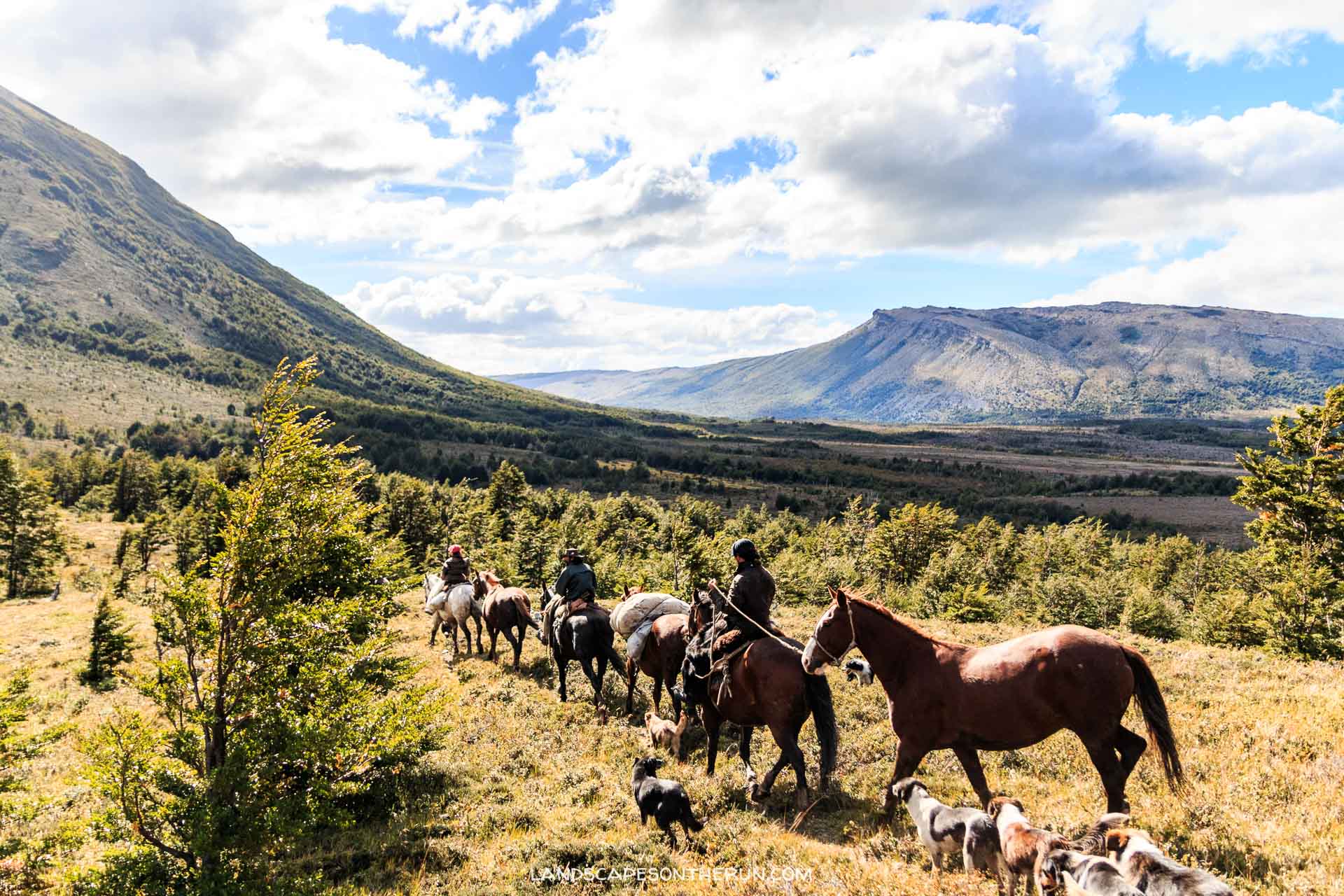
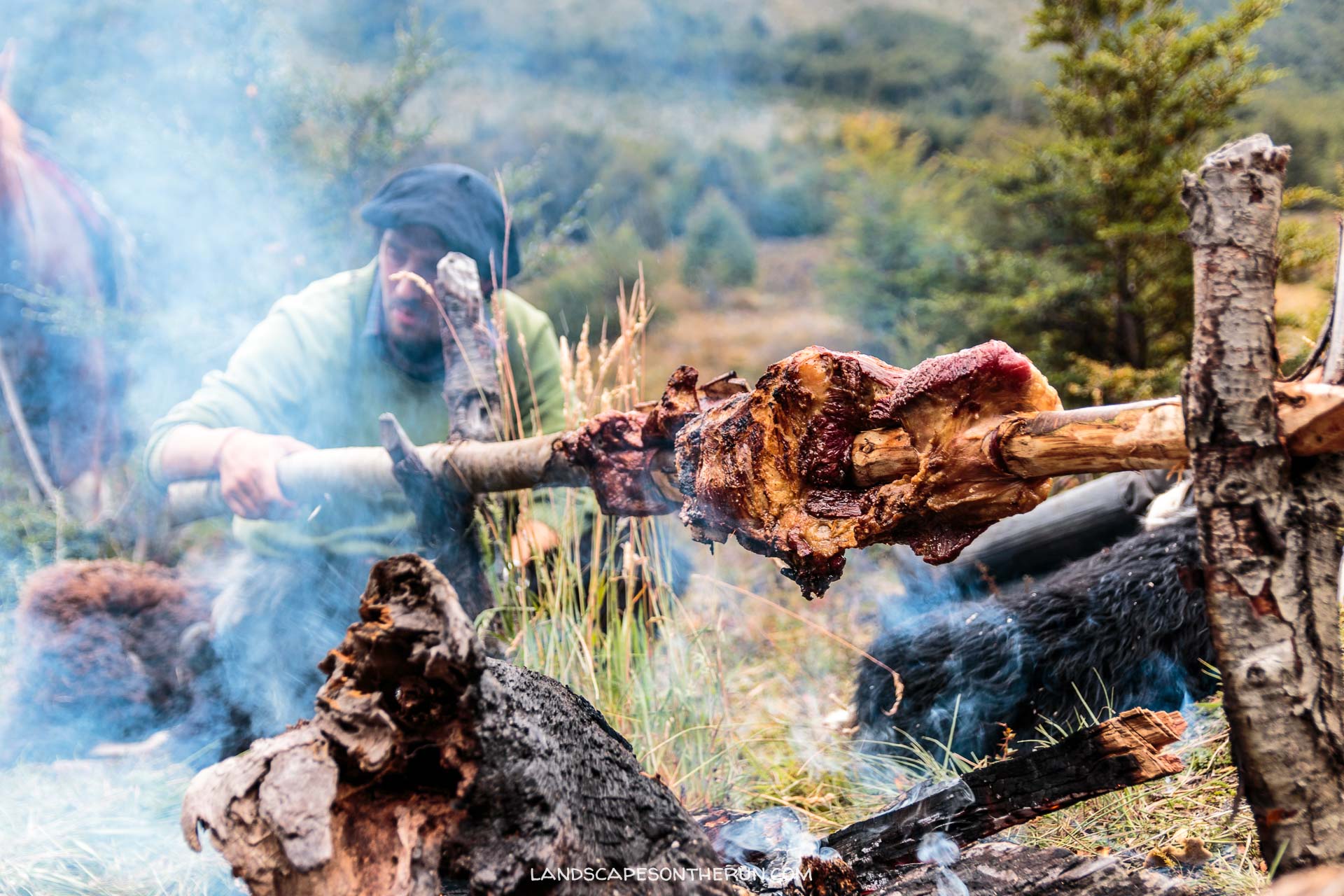
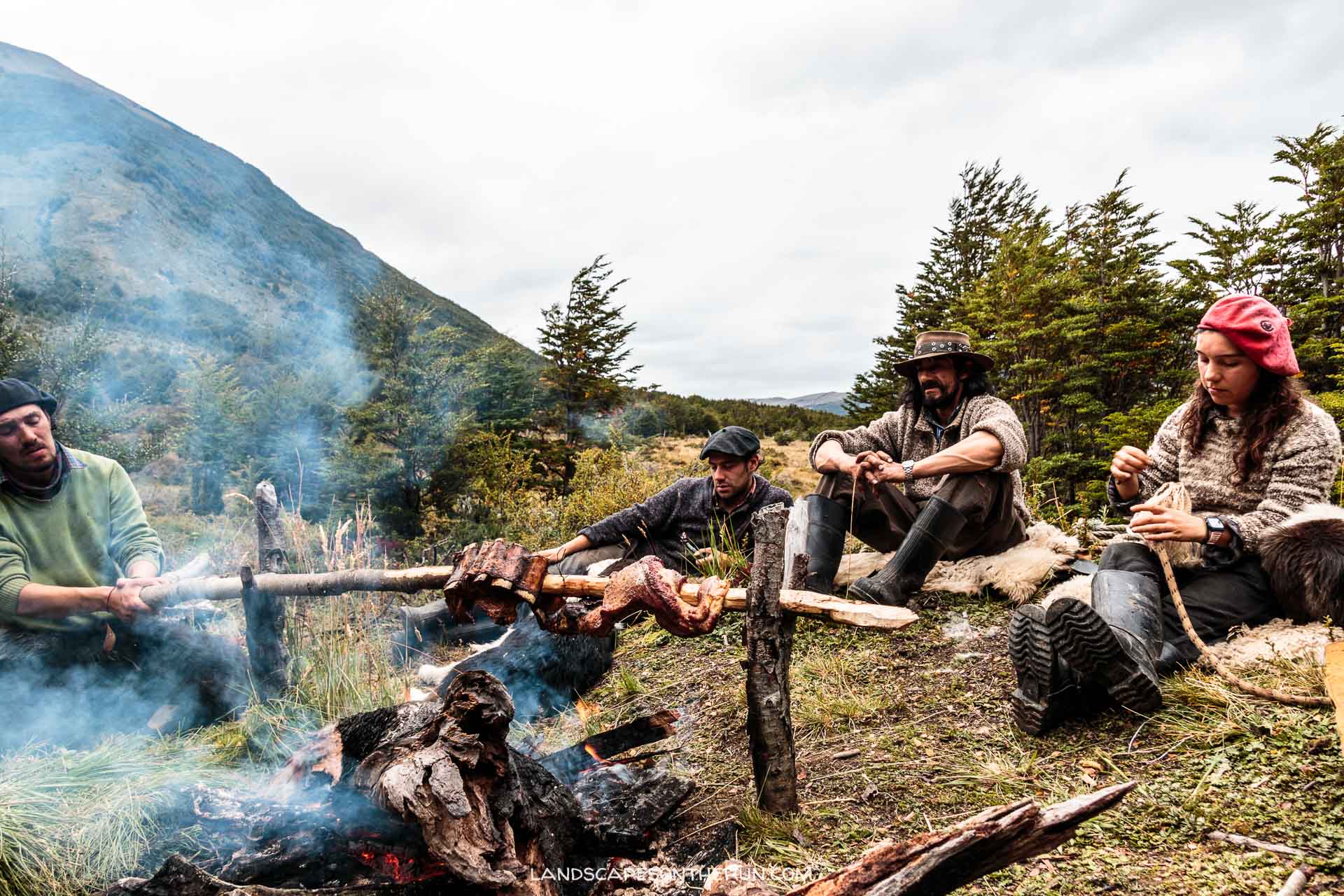
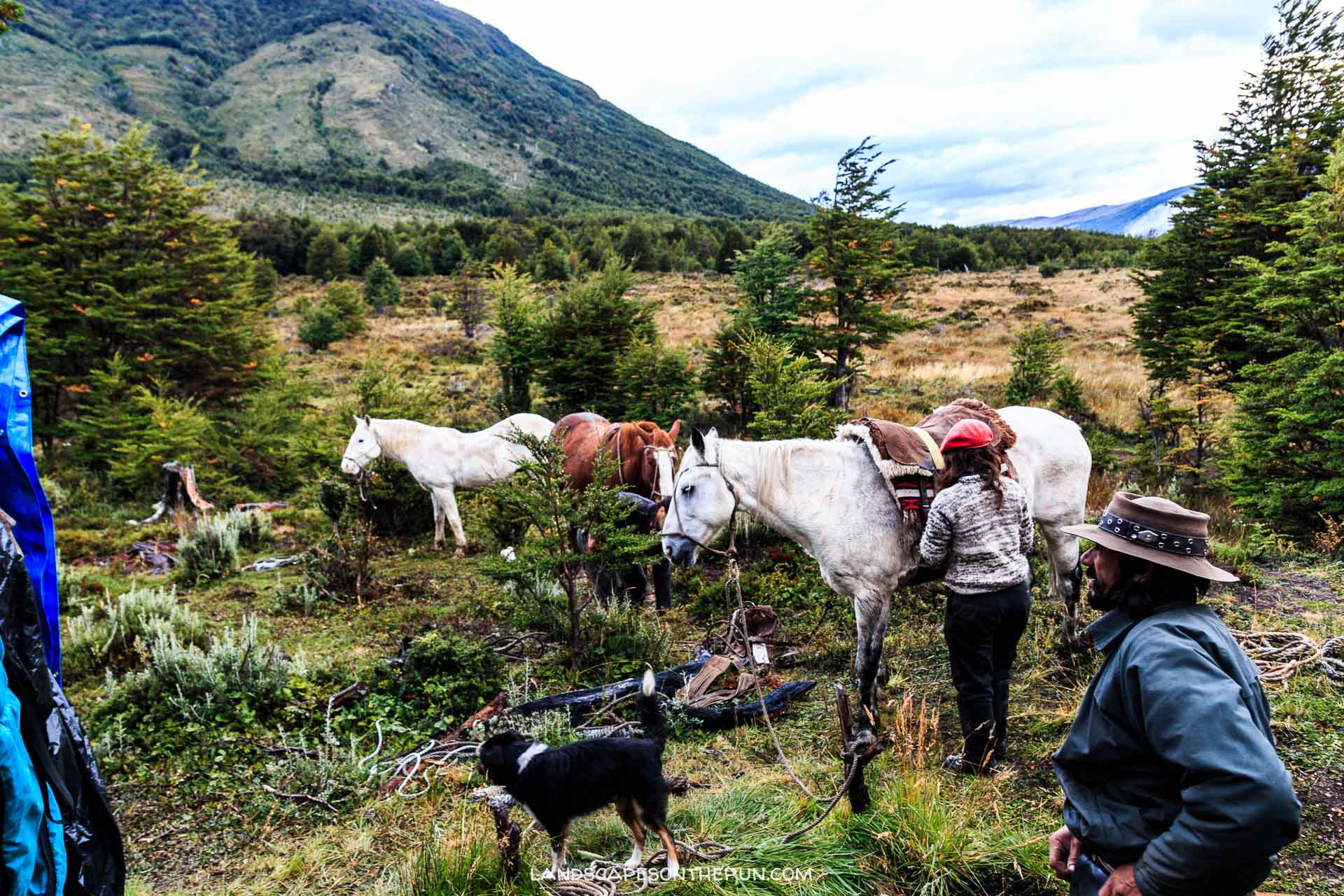

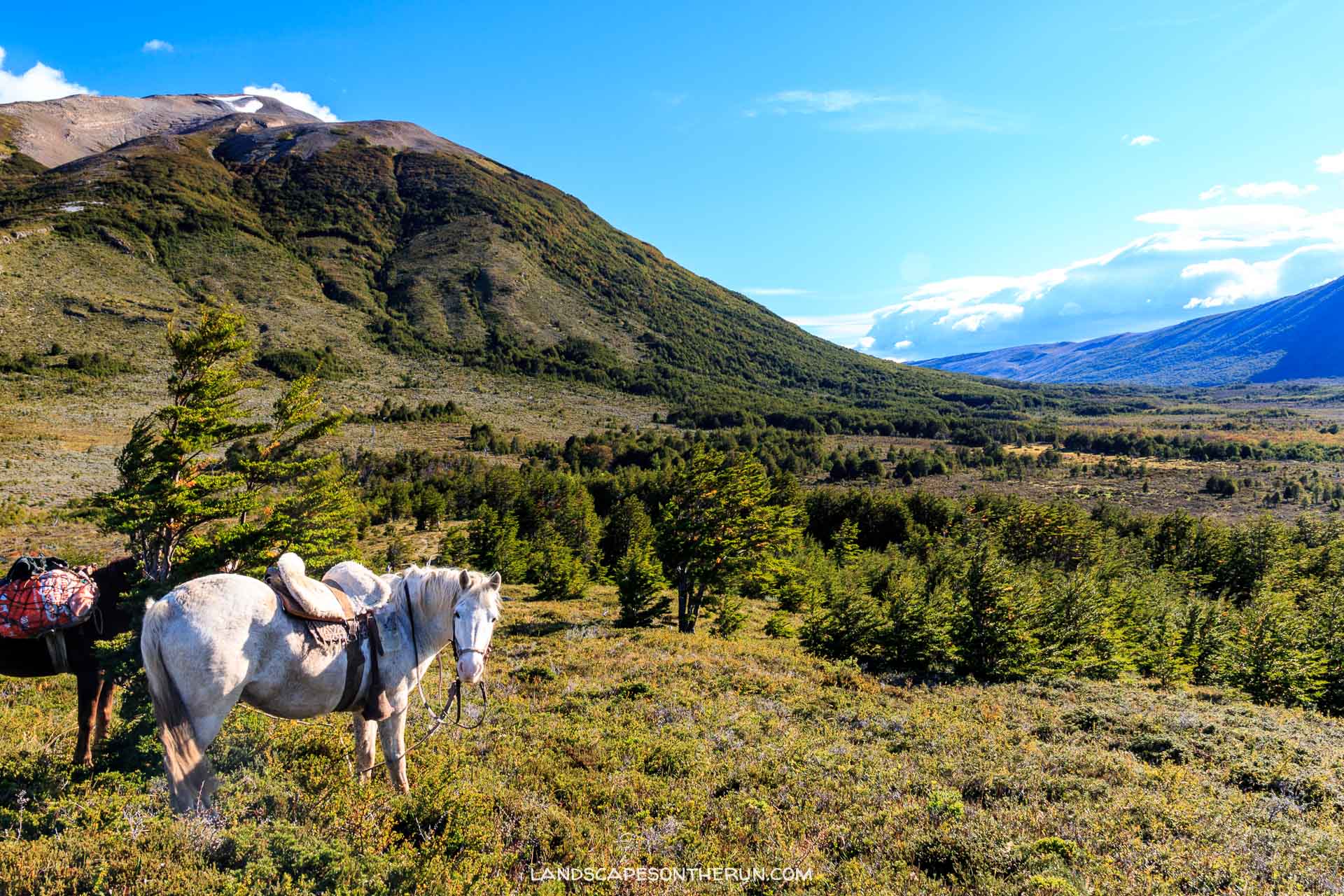
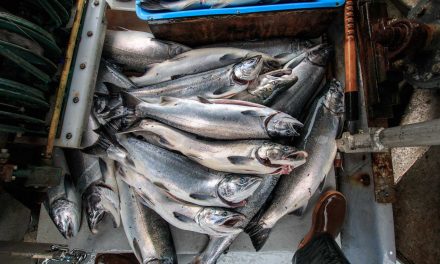
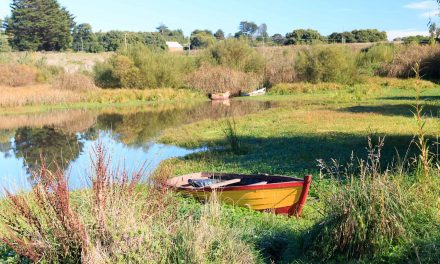
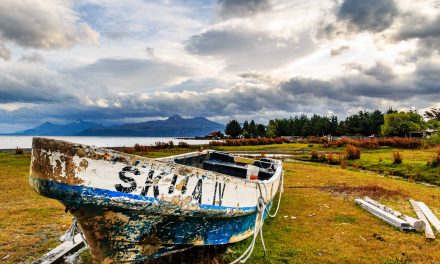
Your opportunity to touch this family and its culture is truly amazing. Thank you for sharing it.